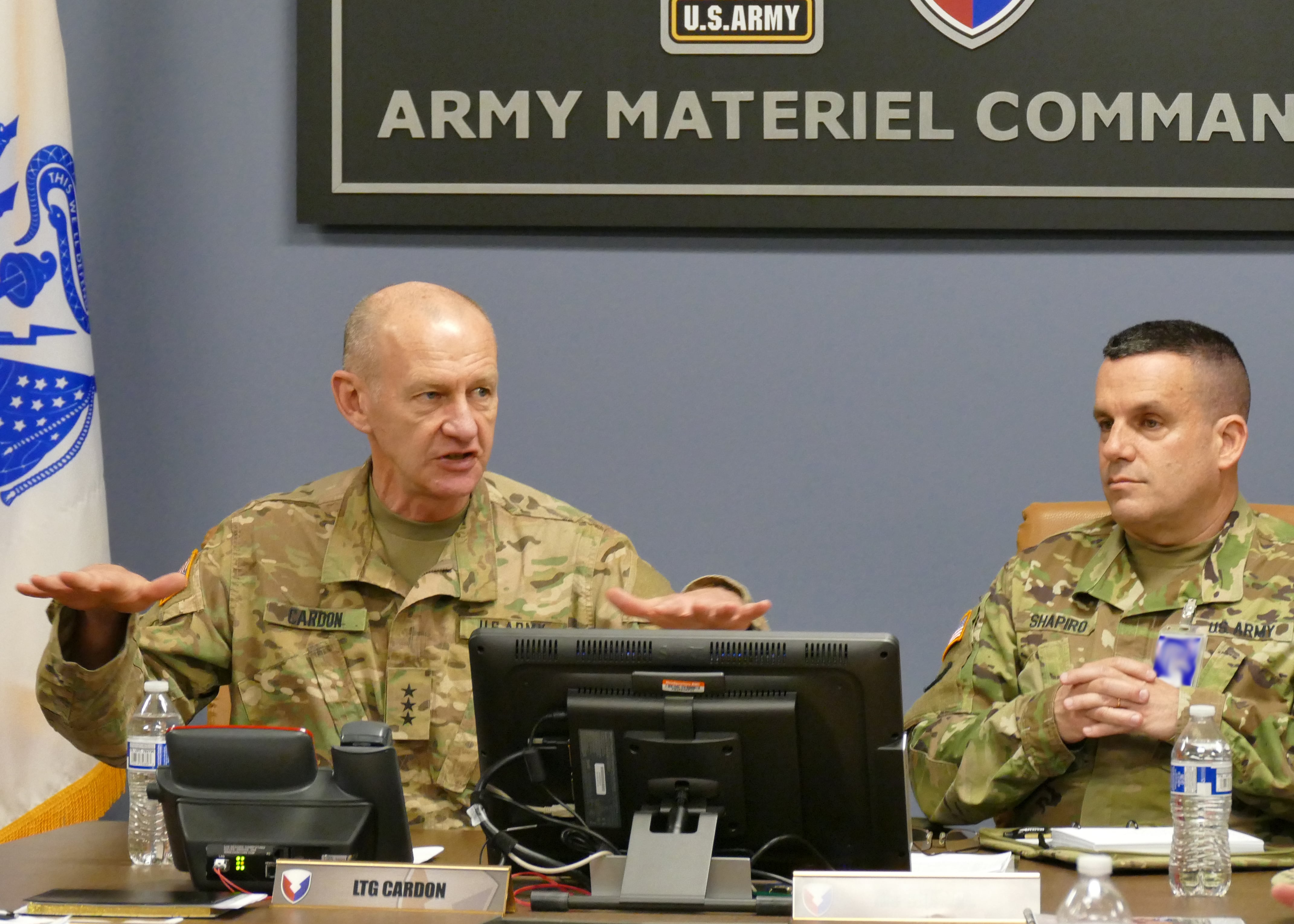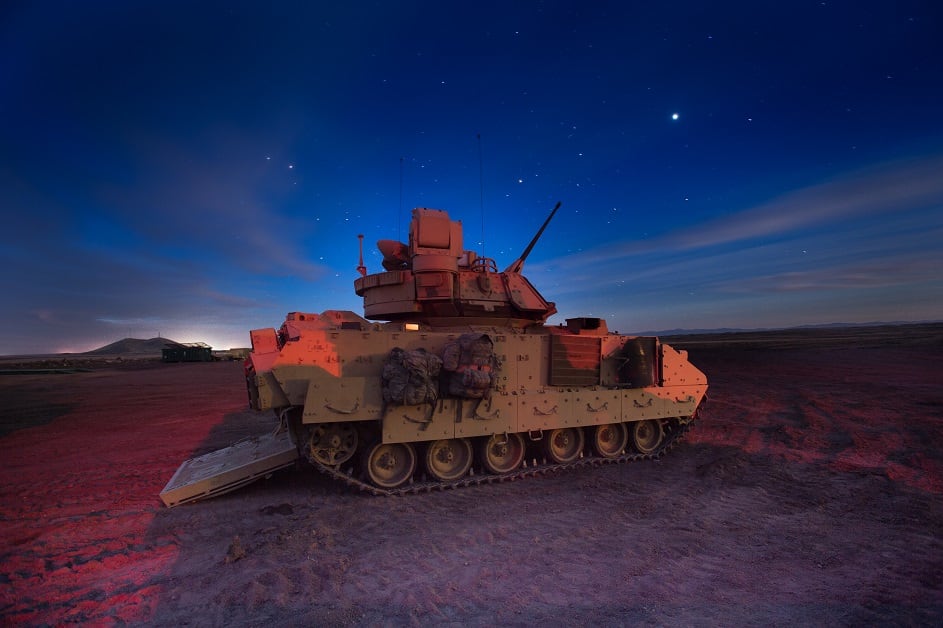The Army wants to use artificial intelligence software to predict when vehicle parts might break down and prevent equipment failures before they happen.
Uptake, a Chicago-based AI company, recently received a $1 million contract from the Army to test its technology on a group of deployed Bradley M2A3 combat vehicles, according to the Washington Post. Depending on how the trial goes, the AI software could be applied on a much larger scale.
“We’re looking to see if we can leverage some of Uptake’s machine learning algorithms to spot equipment failures before they happen,” Lt. Col. Chris Conley, Army program manager for the Bradley fleet, said in the report. “If this pans out and can provide some real capability, the Army could look to expand this to the entire Bradley fleet as well as other combat vehicle fleets.”
Uptake’s technology will analyze the signals produced by the Army’s equipment to provide updates on the equipment’s maintenance status. If a vehicle part shows signs of being faulty, for example, commanders will be alerted and have the ability to repair or replace the part before the entire vehicle is compromised.
“Just like humans have been putting their statuses on Facebook and Twitter, these machines have been putting out their statuses for decades and nobody’s been listening,” Ganesh Bell, president of Uptake Technologies, told the Post. “Only recently do we have the technology to understand that.”
RELATED

M2 and M3 Bradleys are some of the most widely used Army vehicles in peacekeeping and combat missions.
This will be the first application of the technology to military vehicles.
“I’m not convinced that this will be successful, but I’m really excited about the potential of it,” Conley told the Post. “We’re doing a pilot test to verify their claims before we do anything at scale.”
Retired Navy Adm. Mike Mullen, former chairman of the Joint Chiefs of Staff and an Uptake shareholder, told the Post the AI technology is what the military needs to ensure readiness and efficiency.
“What I’ve seen on the component side is you almost wait for failure and then figure it out,” he said. “Based on the results I’ve seen there is a huge potential here for better outcomes and a lot less expense, which is what anybody in the military is focused on.”




